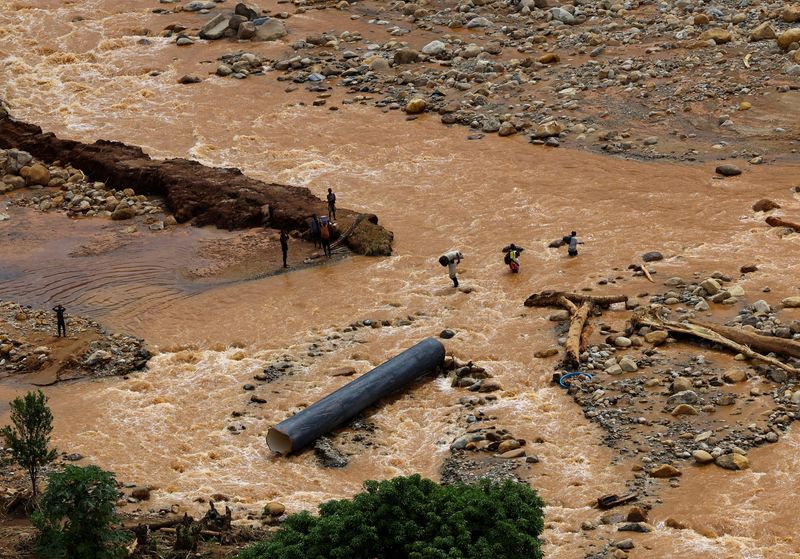The first-ever climate summit for Africa began on Monday in the capital of Kenya, with participants hoping to develop a unified stance before upcoming international conferences and talk about how to finance the continent’s environmental concerns.
At the three-day summit, which aims to promote Africa as a location for climate investment rather than a victim of floods, drought, and starvation, organisers expect hundreds of millions of dollars in partnerships to be revealed.
Environment ministers, corporate leaders, and activists will meet on Monday to discuss expanding carbon markets and climate finance, making investments to prepare for increasing temperatures, and changing agricultural systems.
From Tuesday on, more than 20 presidents and leaders of state are anticipated to attend the meeting. Before the COP28 U.N. summit in the United Arab Emirates starting in late November and the upcoming U.N. climate conference in New York in September, they intend to release a statement detailing Africa’s position.
Soipan Tuya, Kenya’s environment minister, emphasised the gravity of the situation in her opening remarks.
“A new era in the discussion of climate change has begun. It now involves addressing climate change within the perspective of justice rather than merely addressing environmental or development issues, according to Tuya.
“Climate change will destroy us if we do not develop adequate response measures to address the crisis.”
In an effort to increase support from donors in the developed world, African leaders are promoting market-based finance tools like carbon credits.
Polluters can use carbon credits to offset their emissions by paying for things like renewable energy and tree planting.
A $20 million investment in renewable energy, healthy cooking, and forest preservation in the Democratic Republic of the Congo was announced on Monday by one of the main lenders in the country, Rawbank, and a major international energy trader, Vitol.
However, many African activists disagree with the summit’s approach to climate finance, claiming it serves Western interests at the expense of Africa.
According to them, carbon credits and other finance mechanisms are only a cover for richer nations and corporations to keep polluting, and African nations should hold donors accountable for the financial pledges they have previously made to less developed nations but have only partially fulfilled.
Africa requires financial assistance from nations that have profited off of our hardship. According to Mohamed Adow, the director of energy at the Power Shift Africa think tank, they owe a responsibility to the environment.
According to U.N. data, African countries only account for approximately 3% of global carbon emissions, yet they are disproportionately affected by climate change-related extreme weather, including the worst drought in decades in the Horn of Africa.

